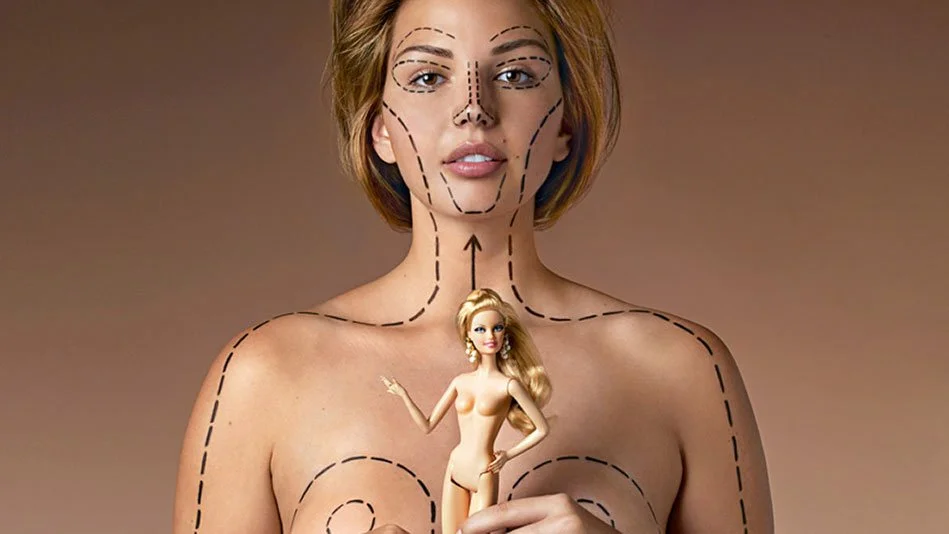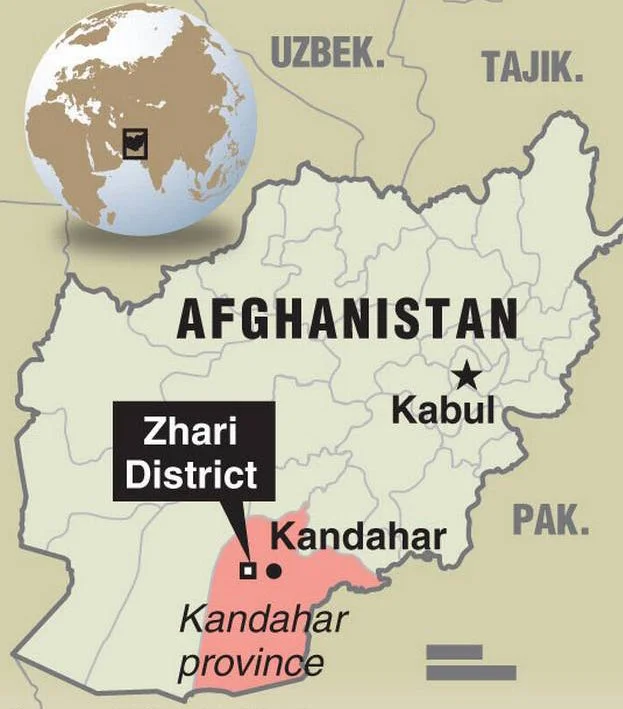To Write A Name...
When you look around today at all the adverts, magazine covers, and prime time television, it is easy to see that after all this time, women are still held firmly beneath the thumb of a patriarchy which has no regrets.
We, women, are constantly pitted against one another in a competition as objects to be admired, and then cast aside by the very same admirers. There is a term for what many women today experience, within which is captured the very essence of our blind conditioning. In many instances, those who have been taken captive against their will become so indoctrinated by the ideologies of their captors that they, the victims, eventually adopt the same philosophies. It's called Stockholm Syndrome, and like victims of a kidnapping, we XX chromosome carriers have been taken prisoner.
Society has covertly placed us within the chains of its captivity, and we have unknowingly adopted its principals. We use platforms such as social media to publicly cast judgments against our sisters in the forms of body-shaming, victim blaming, and outright terrorising, just as the members of the patriarchy have done for countless millennia.
Instead, we should be rallying and communing with one another. Bolstering the collective self-worth and self-confidence of our sorority ought to be at the centre of a loving relationship with each one of our sisters. Sadly, however, this is not our reality.
Women in industrialised western countries today have the luxury of deciding whether they want to call themselves feminists or not. Their privileged position allows them to stand for a misogynistic egomaniac like Donald Trump to "grab them by the…" and still become the president of a country that unabashedly touts itself as the leader of the free world.
In many other nations, though, women are worth less than the livestock their husbands own. In Afghanistan for example, women serve just two purposes. The first is to keep the domestic chores in order and rear children. The second purpose, much more physically laborious and taxing, is to serve whatever needs their husbands, fathers, uncles, brothers, and any other in a list of men may want satisfied.
Women there are not allowed to possess their own agency. Meaning, they are literally a possession of their father's until they are old enough to be married, which is roughly 12 or 13 years of age. At that point, they become the property of their husband.
They cannot attend school, own property, or keep any wages they may happen to earn incidentally. They cannot say no when their drunk husbands demand sex. If they refuse, they are beaten into submission. If they are raped outside of marriage, they are murdered in "honour killings" to save face for their father or husband. Because obviously if a woman is raped, it is her fault for tempting her attacker, right?.
I know all these things to be true because I spent a year in Afghanistan as a Soldier, and I opened a Women's Centre in the Zhari District of Kandahar. The literal birthplace of the Taliban.
The women I worked with shared with me the stories of the hardships they endured. But their bruises and scars told me so much more. These women, many of them cast aside as widowers after their husbands had been killed during an ever-raging conflict, could not read or write. They could not find work to earn even the most meagre of wages because of their gender, and to sign official documents, they used simply a thumbprint to represent their identity.
In our Women's Centre, we started a program to teach these women the Arabic alphabet, and very basic levels of reading and writing. We taught them how to make jewellery, sew handbags, and trade supplies with one another. And when each class graduated, we sold all their crafted jewellery and handbags to American and Afghan Soldiers and Afghan police outside our compound. We then returned 100% of the profits to the women. The only catch was that to be paid their wages they had to sign their names. For the first time in their lives, these women were afforded their own independent identity. With that, came a feeling completely foreign to most of them: pride.
I share these memories of mine not to garner sympathy for the plight of Afghan women (although awareness that these events still occur rampantly is the only way to ever affect change). But rather, to help you see that the life liberties we so often take for granted are better cherished and shared with one another. These freedoms and rights we have are best used to support our sisters and their endeavours, rather than helping to hold them down.
When we women band together, we are an unstoppable force in helping each woman realise her full potential and merit. And further, to feel pride each time she hears her name, or better, writes it as a symbol of her self-possessed agency and independence.


